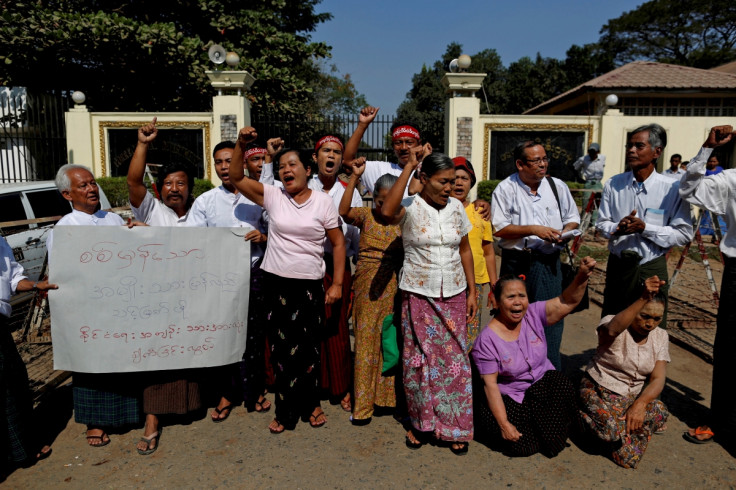Myanmar frees 102 political prisoners ahead of power transition

Myanmar's departing regime has released 102 political prisoners ahead of the transfer of power to the recently-elected National League for Democracy party led by Nobel peace laureate Aung San Suu Kyi. The detainees were freed by President Thein Sein's quasi-military regime reportedly after some persuasion from the US government.
UK-New Zealand citizen Philip Blackwood was also among those released from prison. He was convicted in March 2015 and was sent to Myanmar's most notorious jail after he was accused of insulting Buddhism.
"Burma's government has today released one New Zealand [national] prisoner and 101 [Burmese] national prisoners and has commuted the death sentences of 77 prisoners–75 males and two females–to life imprisonment," read a statement by Myanmar's presidential office.
The new parliament will be formed by Suu Kyi's NLD in February 2016. Her party secured a historic mandate in the November 2015 presidential polls, which was billed as the first free and fair elections in Myanmar in 25 years.
Meanwhile, Bo Kyi, general secretary of Assistance Association for Political Prisoners told Myanmar's Mizzima news outlet: "Only 101 political prisoners were included, the remaining are 15 customs staff and other criminals. Over 400 workers, students, farmers, media persons and activists arrested and detained in connection with politics are still behind bars awaiting trial."
The latest mass amnesty for prisoners is also being seen as Thein Sein's attempt to cement his legacy as he moves out of the presidential office. Thein Sein, who took over the baton from the military junta in 2011, has been implementing a string of political and economic reforms in the country.
It is estimated that more than 2,000 anti-government critics comprising journalists, opposition leaders and cartoonists were held in custody during the military rule. Hundreds of such detainees were freed in 2011 when the army seized power.
© Copyright IBTimes 2024. All rights reserved.






